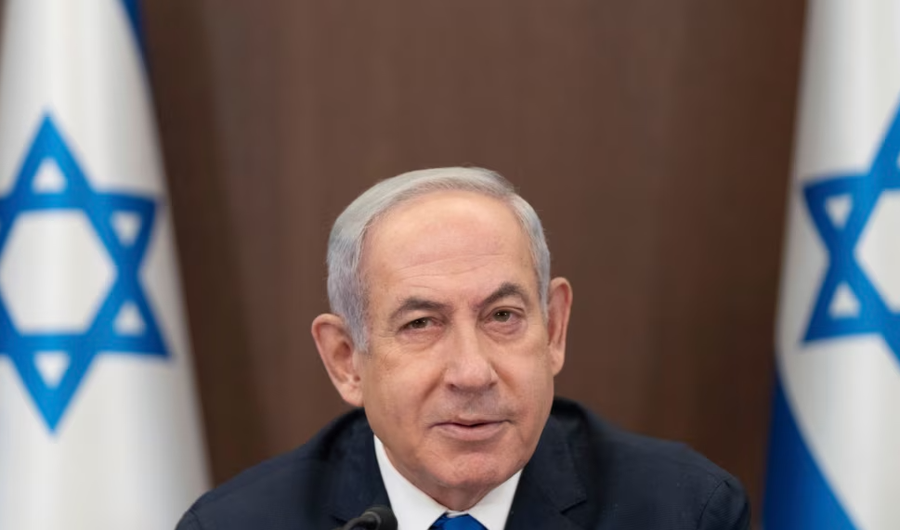
Israeli Prime Minister Benjamin Netanyahu said on Monday that he made the decision to allow the resumption of humanitarian aid deliveries to the Gaza Strip - after a weeks-long blockade - only after pressure from allies.
He said that the allies had told him that they would not support Israel if it needed to win the war if they continued to see "scenes of hunger" coming from Palestinian land.
Israel has been condemned by UN humanitarian agencies and some European allies for blocking the entry of goods into the war-torn enclave, including food, fuel and medicine.
Israel announced on Sunday it would allow a "basic" amount of humanitarian aid to enter Gaza to prevent the development of "a hunger crisis."
Food experts have already warned that the blockade was risking famine in Gaza, a territory with around 2 million inhabitants.
During the Trump administration, the United States - Israel's main ally - has typically avoided open criticism of Israel in its fight against Hamas and blamed the militant group for the humanitarian crisis.
Hamas is designated a terrorist organization by the US and the European Union.
However, the US has increasingly highlighted the crisis in Gaza. US President Donald Trump, during a recent visit to the Middle East - a visit that did not include a stop in Israel - expressed concern about the humanitarian situation in Gaza.
The same was done by US Secretary of State Marco Rubio, who during a visit to Turkey said he was "concerned" about this situation.
The decision to allow aid comes at a time when Israel is escalating its war in the Gaza Strip, saying it is doing so to pressure Hamas to accept a ceasefire deal on Israel's terms.
Under the new air and ground offensive, Israel plans to displace hundreds of thousands of Palestinians and ensure the distribution of aid within the territory.
Netanyahu said on Monday that the plan would include "taking control of all of Gaza," and a military spokesman ordered the evacuation of Gaza's second-largest city, Khan Yunis.
The Israeli army resumed the offensive in March, breaking a ceasefire that had enabled the release of more than 30 hostages.
The war in Gaza began when Hamas-led militants attacked southern Israel, killing 1,200 people and taking about 250 hostages. Israel says 59 hostages remain in Gaza, although about 35 are believed to be dead.
Israel's war has killed more than 52,000 people in Gaza, many of them women and children, according to Palestinian health officials. (A2 Televizion)











